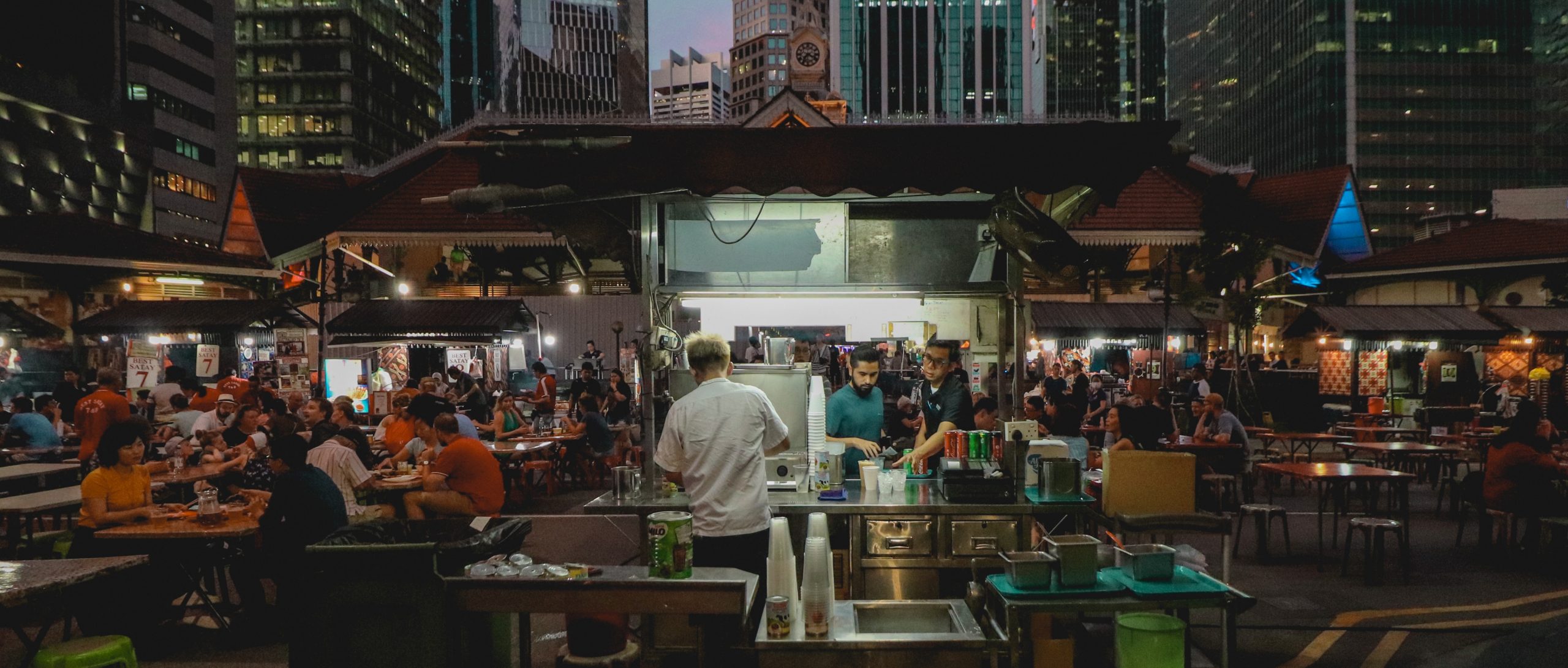Top Image: Ethan Hu / Unsplash
It was Ramadan in 2016 when Mus, then 27, nearly slipped into a diabetic coma from fasting.
“I was sleeping and just felt really cold,” he recalls. “I felt my body shutting down and slipping away. Fortunately, I managed to muster enough strength to turn to my table and grab a packet of honey I had.”
As a diabetic and heart patient who survived three heart attacks, Mus had been advised by his doctor not to fast anymore. Despite the warnings, he continued to do so because of family and societal pressures.
But after suffering the life-threatening consequences of that decision—diabetic comas can be fatal if left untreated—he realised that it wasn’t worth the risk.
“That was the day I told my Mum I don’t want to fast anymore.”
Staying out of Sight
Being unable to fast during Ramadan has put Mus, who is now 34 and works as a video producer, in many uncomfortable situations when he buys food from Halal eateries or orders food delivery.
During the month of Ramadan, Muslims are expected to abstain from food and water, smoke cigarettes and engage in any sexual activity from dawn to sunset. It is one of the five pillars of Islam, along with the testimony of faith, prayer, charitable giving, and making a pilgrimage to Mecca.
“As a big guy, people would accuse me of not fasting because I am obese and can’t handle it.”
He is not spared from stinging comments even from those who know about his medical condition, although it is permitted in Islam for sick persons to be excused from fasting.
“They would compare my situation to others. They would say they have an uncle who is also diabetic, but he fasts and can do it just fine. Why can’t I?”
Now, seven years after he stopped fasting during Ramadan, Mus has learnt to be more prepared and has mastered the art of stealthy eating during the month. He prepares most of his meals at home to avoid sharp-tongued comments and prying glares from food vendors.
Now that he lives in a rented apartment instead of with family, it’s also easier to avoid snide remarks from relatives.
He keeps his guard up even when ordering food delivery, which he resorts to when he forgets to stock up on groceries.
It gets especially tricky for Malay-Muslim men, as they are expected to abstain from food and drinks in the daytime during Ramadan. Muslim women, on the other hand, are excused from fasting if they are menstruating.
“I get anxious waiting to see if the delivery person is a Muslim. When I see a Chinese name, I feel relieved. If it’s a Muslim, I get my Chinese roommate to help me collect it.”
Mus clarifies that he does this not out of shame but out of respect for others and the month itself.
Collecting the food himself might run the risk of sparking judgements or conflicts, which goes against the spirit of the holy month, says Mus. In general, he also avoids eating publicly to avoid offending others who are fasting.
A Sense of Unfulfillment
In his experience, Khai, 37, shares that he hasn’t faced any untoward comments or judgement for not fasting due to his medical condition.
Khai was diagnosed with hyperthyroidism in 2017. This condition results in a faster metabolism, which causes food to burn more quickly than in an average person’s body. While the condition is not as extreme as Mus’ circumstances, it is sometimes necessary to break his fast when his symptoms arise.
“Once, when I was in a cab to work, my heart was racing and I didn’t have water to hydrate myself. It made me feel agitated and anxious. I felt like my heart was going to beat out of my chest.”
Aside from heart palpitations, Khai says that he’s also experienced an exacerbation of existing symptoms, such as extreme fatigue and weakness while fasting.
Attempting to fast with hyperthyroidism can present other health risks, such as severe dehydration and diarrhea, according to a 2012 article in the Indian Journal of Endocrinology and Metabolism.
Like Mus, Khai tries to be discreet when he eats out of respect for those who are fasting. He usually opts for water or snacking on a protein bar only when needed.
While he doesn’t feel left out during Ramadan on the days that he cannot fast, he admits that he feels a sense of unfulfillment when he cannot fast for the entire month.
But he does his best in the ways he can to participate in the other practices during Ramadan, such as night prayers, reciting the Quran and finding a deeper connection with his faith. He also makes up for the days he missed by fasting after Ramadan, an obligation for Muslims.
“I feel at peace with my efforts,” Khai remarks.
“In the past, when my condition was at its peak, and I was unable to fast for most of the days, I felt like I didn’t deserve to be celebrating Eid. But my health is a priority; I just have to manage my condition responsibly while trying to fulfil my religious duties as best as I can.”
The Right to Celebrate
As for Mus, he doesn’t enjoy celebrating Eid (commonly known as Hari Raya Aidilfitri, the festivities marking the end of Ramadan) in the first place. The celebrations and gatherings are physically and mentally tiring for an introverted and socially-anxious person like him.
But festivities aside, despite what people around him say, Mus doesn’t think that his inability to fast makes him any less of a Muslim.
“For me, the religion itself states that if doing something can harm you and you still do it knowing it can harm you, it is already prohibited. It is all about the intention at the end of the day.”
“My intention of not fasting is self-preservation, so it doesn’t make me any less or more of a Muslim in the eyes of Islam.”






